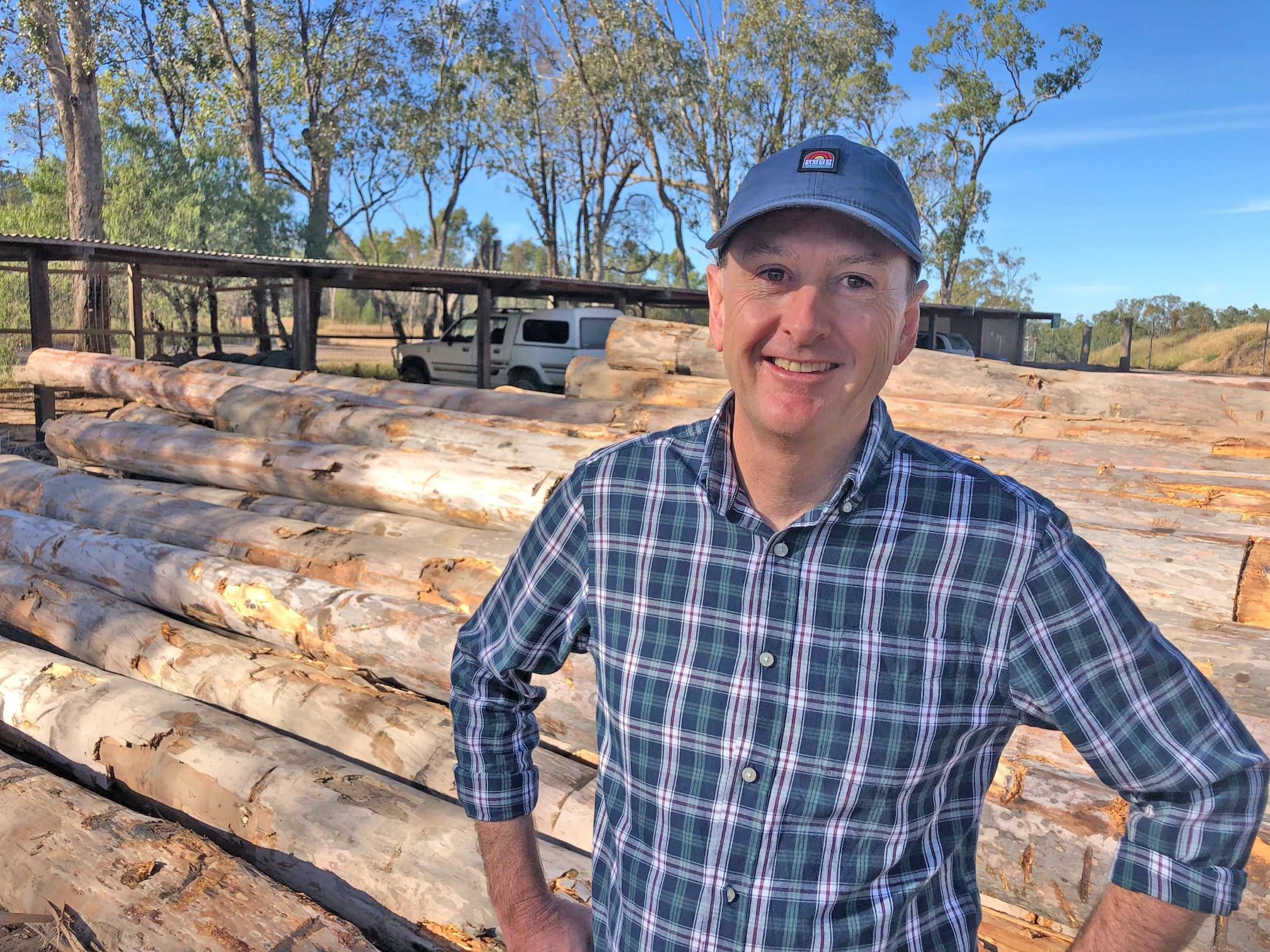AS we begin the New Year and look ahead, we are expecting big things for the state’s nearly $4 billion timber industry.
Despite recent interest rate rises and a further softening of activity from 2024 onwards, we still have a high pipeline of demand with housing starts forecast to remain at around 38,000 new dwellings in 2023 and high levels of building alterations and renovations.
The other exciting development in Queensland is the announcement of the 2032 Brisbane Olympics. This has catalysed the Queensland government and the private sector to use the Games as an opportunity to position Brisbane as a global city with a 10-year runway of economic and public infrastructure development.

Timber Queensland has been advocating the use of locally-sourced timber and engineered wood products as part of the Olympics infrastructure to help deliver a Green Games.
We should expect big things for the industry in helping transform Brisbane and related venues into a global Olympics village. The timber industry can enhance the Games and its legacy by reducing its carbon footprint through the use of timber materials and plantation offsets, promoting leading edge timber design and innovation and delivering health and well-being benefits for both athletes and spectators alike from the biophilic use of timber as a natural material.
The Games can also showcase Queensland’s diverse plantation softwood and native forest hardwood and cypress sectors while supporting local jobs and manufacturing.
In July last year, the state government also established a new Timber Industry Ministerial Roundtable as a forum to provide feedback to government to further grow the industry. In 2023 this roundtable will progress key priorities to meet future demand and enhance supply chains.
Considerable work is also being done to lay the foundation for longer-term native hardwood industry development and investment. In addition to discussions as part of the Native Timber Advisory Panel, the industry has been briefing the state government on the multiple benefits from actively-managed state and private hardwood regrowth forests. These include carbon-positive outcomes and much-needed wood supply to meet the state’s building needs and essential services such as power poles, indigenous forestry opportunities and local manufacturing jobs.
As we approach the end date of 2024 for the previous South-East Queensland Forest Agreement, we expect some clear direction from Government based on the need for resource security to underpin investment and revitalise the native hardwood industry as part of the Timber Action Plan.
Finally, following the hard work undertaken by Timber Queensland and other allied bodies during the federal election, we continue to advocate for the removal of the discriminatory ‘water rule’ barrier in the Emissions Reduction Fund. This barrier has been stifling any new plantation investment in Queensland by blocking access to carbon markets under the ERF for any areas that receive more than 600 mm annual rainfall.
The Albanese government committed to removing this barrier as soon as possible after the election.
We expect this election commitment to be implemented soon in 2023, which will assist in removing a major barrier for plantation investment in the state.






